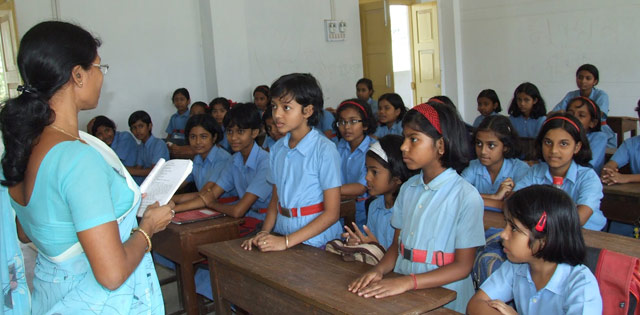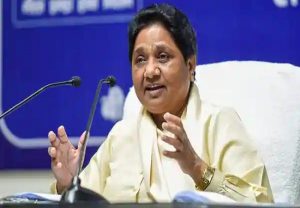Lucknow, 10 Sept: Over 50 lakh kids in classes 6-8 in roughly 45,000 state-run schools will now be taught the fundamentals of coding, computational thinking, and artificial intelligence (AI) by the Uttar Pradesh education department.
The course will be available beginning with the academic year 2024-25. The course, created by the State Council of Educational Research and Training (SCERT), will be included in the science subject.
SCERT has already completed the textbooks for all three classes that would be introduced by Chief Minister Yogi Adityanath in the near future. Coding and computer programming, formerly thought to be a talent reserved for tech aware people, have recently emerged as critical instruments for the development of students’ whole personalities.
Coding platforms are increasingly an essential aspect of school-based learning. Given the significance of technology in today’s competitive world, coding has been mandatory under NEP-2020 beginning with Class 6.
Class 6 students will learn Microsoft Word, programming, Python, and other computer science fundamentals as part of the course. Students in Classes 7-8 will study about networking and cyber security, logical reasoning, Microsoft Excel, data, and artificial intelligence.
“Introducing coding and increasing exposure to technology at a young age will go a long way in helping the youth lead the way to a new world of innovation and creativity, thus giving children the opportunity to set their own goals and reach new heights,” said SCERT director Pawan Sachan.
Following the development of books, SCERT is presently finalizing training modules for master trainers who will educate teachers at the district level.
“Following the mandate of NEP, SCERT is working with experts and organizations to ensure the introduction of content and curriculum for the future, training of teachers, and regular assessment for financial intelligence, business intelligence, coding, and AI,” said Vijay Kiran Anand, Director General School Education. ”
This will make pupils at government schools more competitive,” he added.





